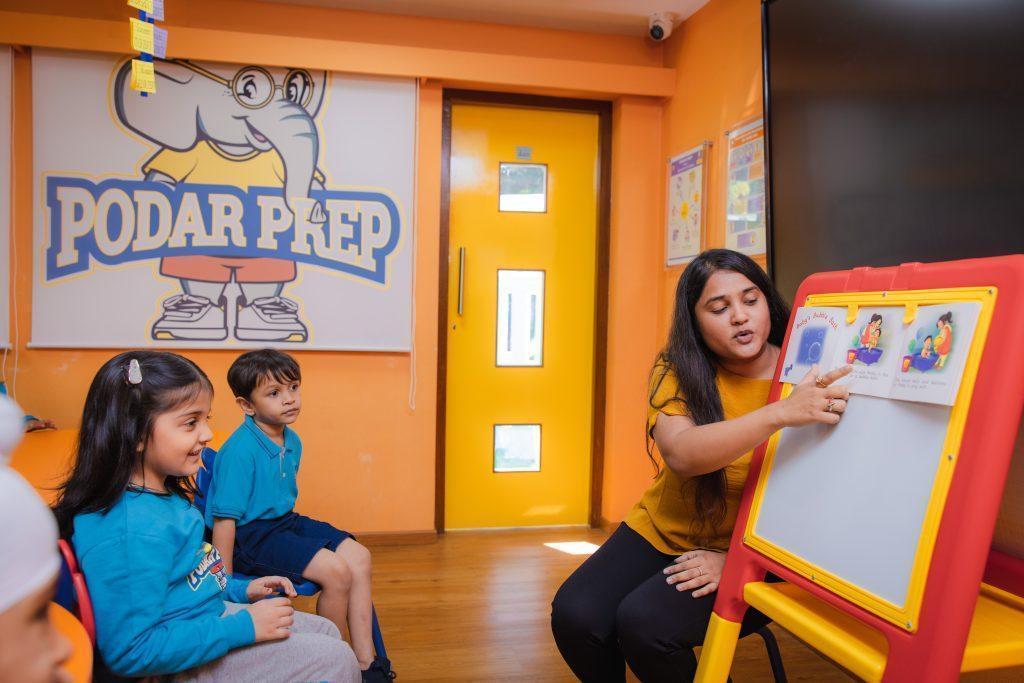
Are you thinking of organizing a toddler playgroup class? Whether you’re a parent, caregiver, or an early childhood educator, leading a toddler playgroup can be a rewarding experience. These gatherings provide valuable social and developmental opportunities for toddlers while offering a supportive environment for parents or caregivers to connect. To ensure your toddler playgroup is enjoyable and effective, here are some essential tips for organizing and leading successful classes.
1. Plan Engaging Activities
Toddlers are curious and full of energy. To keep them engaged, plan a variety of age-appropriate activities. Arts and crafts, sensory play, storytime, and simple music and movement activities are all excellent options. Make sure the activities are safe and developmentally appropriate, considering the ages and stages of the children in the group.
2. Set a Schedule
Establish a consistent schedule for your playgroup. Toddlers thrive on routine, so having a predictable schedule can make the transition from home to the playgroup smoother. Include time for free play, structured activities, and snack or meal breaks. Keep the sessions short, usually around 1-2 hours, to accommodate their attention spans.
3. Create a Safe Environment
Safety is a top priority when working with toddlers. Ensure the play area is childproofed, free from hazards, and equipped with age-appropriate toys and materials. Have a designated space for diaper changes and potty training, and make sure that cleaning supplies are out of reach.
4. Encourage Parent/Caregiver Participation
For many toddlers, being separated from their parent or caregiver can be challenging. Encourage active participation from parents or caregivers during the sessions. They can join in the activities, offer support, and share their experiences, creating a sense of community.
5. Foster Social Interaction
One of the primary benefits of a toddler playgroup is social interaction. Create opportunities for children to engage with one another through group activities and play. Teach them the basics of sharing, taking turns, and being kind to their peers. Be ready to mediate conflicts and model positive social behavior.
6. Communication is Key
Keep the lines of communication open with parents and caregivers. Share your schedule, activity plans, and any updates or changes well in advance. Provide a platform, such as a social media group or email list, where participants can connect and share their thoughts, experiences, and ideas.
7. Be Flexible
Toddlers are known for their unpredictability. Be prepared to adapt to their needs and moods. If an activity isn’t working, don’t be afraid to switch gears. Flexibility and a sense of humor can go a long way in ensuring everyone has a positive experience.
8. Respect Diversity
Toddlers in your playgroup may come from diverse backgrounds with different cultural norms and practices. Be respectful of these differences and create an inclusive environment where everyone feels valued and accepted.
9. Stay Informed
Keep up-to-date with the latest child development research and trends in early childhood education. This knowledge will help you design activities that support children’s growth and learning.
10. Take Care of Yourself
Leading a toddler playgroup can be demanding, so remember to take care of yourself. Stay well-rested and manage your stress. When you’re at your best, you can provide a positive and nurturing environment for the children and their parents.
Conclusion
In conclusion, organizing and leading a successful toddler playgroup requires careful planning, a child-centered approach, and a commitment to creating a supportive and engaging environment for both toddlers and their caregivers. By following these tips, any pre school or toddler school can provide a valuable experience for all participants, fostering social connections, learning, and fun.




